Entry Type: Group - Starting with B
aka: Barrow Brothers
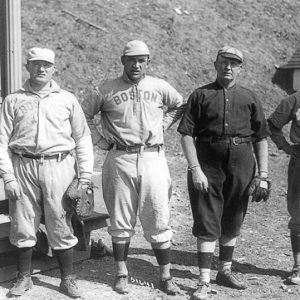 Boston Red Sox
Boston Red Sox
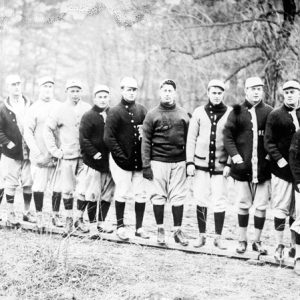 Boston Red Sox
Boston Red Sox
 Boys and Girls State
Boys and Girls State
 Bradford Seniors
Bradford Seniors
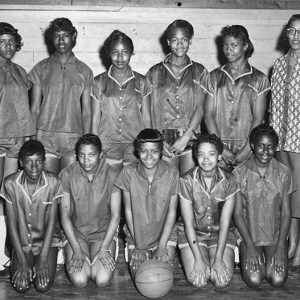 Branch High Girls Basketball Team
Branch High Girls Basketball Team
 Breakneck Brawlers
Breakneck Brawlers
Brindletails [Political Faction]
 Gay White and Footsie Britt
Gay White and Footsie Britt
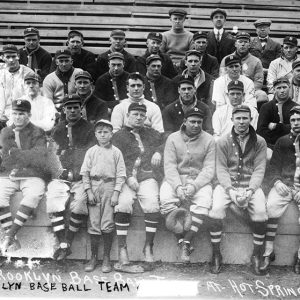 Brooklyn Team
Brooklyn Team
Brothers of Freedom
 Jim Ed Brown
Jim Ed Brown
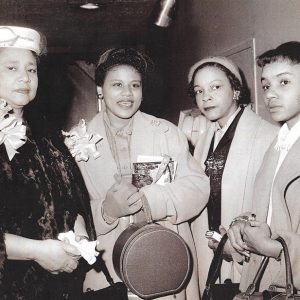 Minnijean Brown
Minnijean Brown
 Roscoe Brown
Roscoe Brown
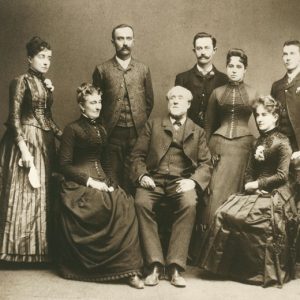 Robert Brownlee Family
Robert Brownlee Family
Browns, The
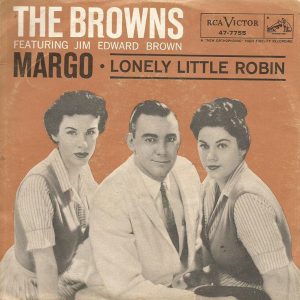 Single by the Browns
Single by the Browns
 The Browns
The Browns
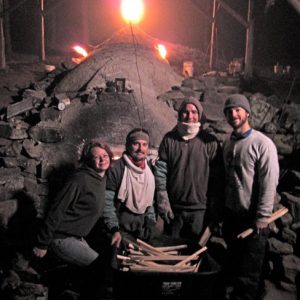 Joe Bruhin and Crew
Joe Bruhin and Crew
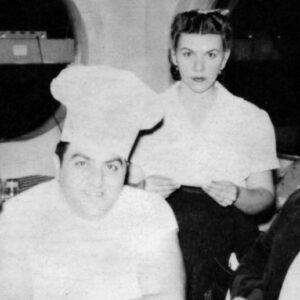 Vincent Bruno & Ernestine Shoults
Vincent Bruno & Ernestine Shoults
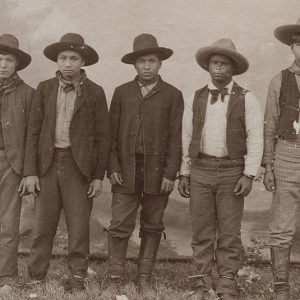 Rufus Buck Gang
Rufus Buck Gang
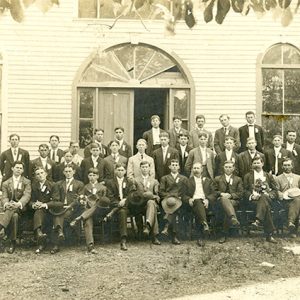 Buckner College Students
Buckner College Students
Buddhists
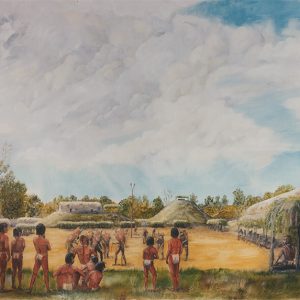 Buffalo Dance
Buffalo Dance
Bullfrog Valley Gang
 Bumpers, Bumpers, Parker, and Ferguson
Bumpers, Bumpers, Parker, and Ferguson
 Betty Bumpers and Lily Peter
Betty Bumpers and Lily Peter
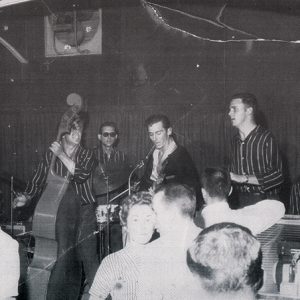 Sonny Burgess & the Pacers
Sonny Burgess & the Pacers
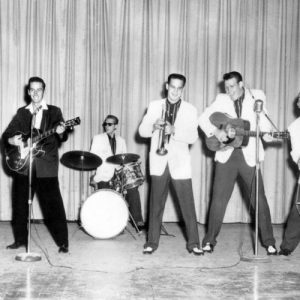 Sonny Burgess and the Pacers
Sonny Burgess and the Pacers




